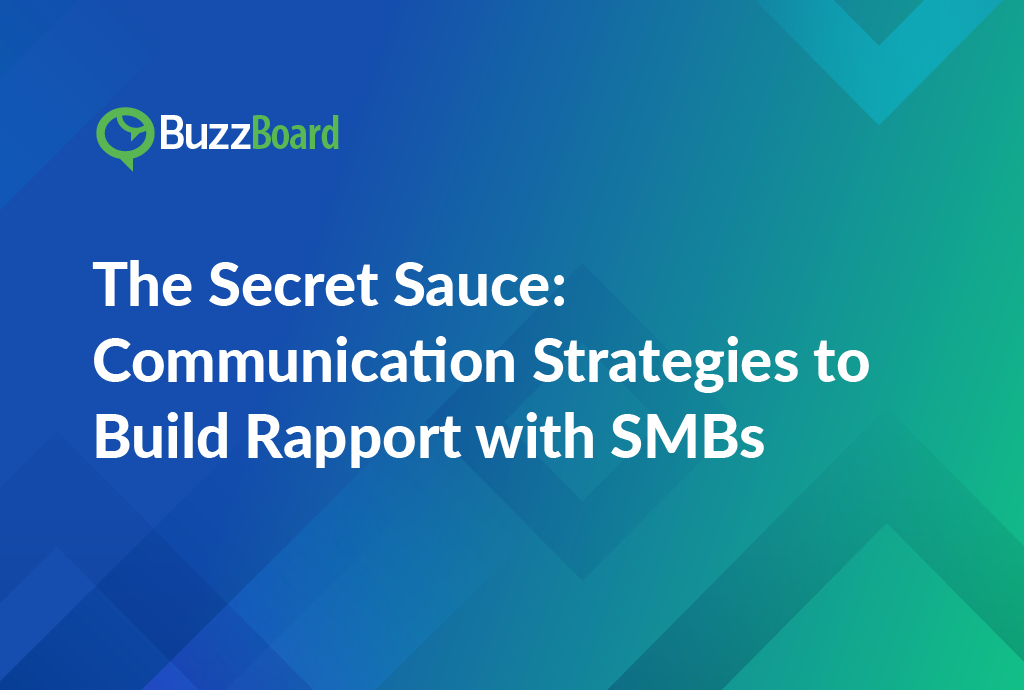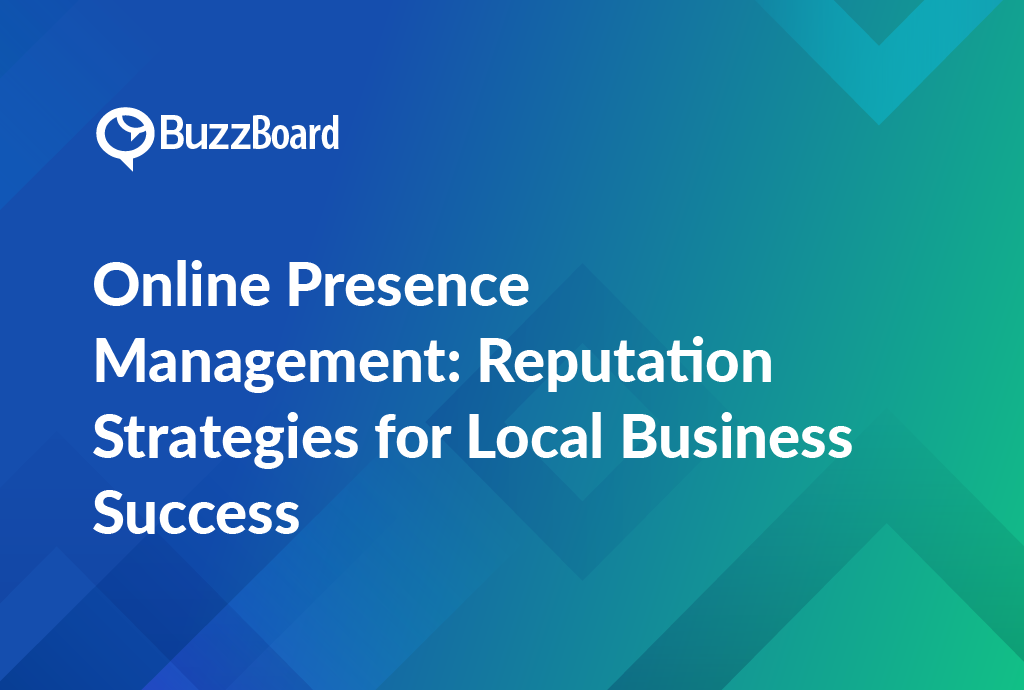Introduction to Effective Communication Strategies for Smbs
Building relationships with small businesses involves a keen level of understanding and effective communication strategies. Incorporating skills that develop rapport can help strengthen these client relationships.
Practicing active listening is the foundation of any successful communication strategy. More than simply hearing, it involves understanding and responding appropriately. It allows salespersons to directly identify client needs, thereby providing specific solutions. Integrating effective communication also involves clarity without unnecessary jargon, keeping messages simple and straightforward. Small businesses, in particular, have streamlined structures and typically benefit from uncomplicated messaging.
Encouraging collaborative communication bolsters client relations. It’s helpful for small businesses to share their ideas and concerns, making them integral contributors to the decision-making process. It also fosters a sense of cooperation and mutual respect.
Digital marketers must hone their communication strategies and techniques to maintain and boost client relations. The result not only improves client relationships but can also trigger overall growth and productivity for your own firm.
The Importance of Active Listening in Building Rapport With Small Businesses
Establishing robust client relationships is pivotal for a thriving digital marketing business. A key instrument for building these relationships is effective communication, particularly, active listening.
Active listening goes beyond merely hearing the words your clients articulate. It also entails observing non-verbal signals and comprehending the hidden feelings and apprehensions behind the verbalized words. Active listening involves giving clients an opportunity to express themselves fully, demonstrating empathy, providing suitable feedback, and confirming comprehension before proceeding. This action shows respect for their input and fosters open dialogue.
Dealing with small businesses makes active listening critically important. These business owners typically have significant financial and emotional investment in their ventures. They need a marketing agency that will fully comprehend their vision and apprehensions. The rapport you develop through active listening can lead to enduring business relationships and potentially drive more referrals to your agency.
Here are some communication strategies for developing rapport with small businesses: repeat their points to confirm understanding, pose clarifying questions, maintain eye contact, and keep your body language open and welcoming. By ignoring distractions and focusing on the client, you also demonstrate respect for their time and business.
How to Enhance Client Relationships With Small Businesses Through Effective Communication
Building strong client relationships is crucial for salespeople, particularly when working with small businesses. The backbone of this process is effective communication. But what exactly is effective communication? It lies in developing a mutual comprehension, a harmony. Here are some communication strategies for forging a rapport with small businesses.
Firstly, exercise active listening. Active listening necessitates complete concentration, comprehension, response, and recollection of what is being said. It’s much more than simply ‘remaining silent.’ Show your clients that their words are important to you, which in turn, builds trust.
Another key component of effective communication is maintaining a clear, concise, and thoughtful dialogue. Steer clear from jargon. If a concept can’t be explained plainly, it has not been fully grasped. Small business owners value frank conversations that cut to the chase.
Lastly, consistent communication can substantially enhance small business client relationships. Frequent updates keep the client involved and showcase your reliability as a service provider.
Keep in mind, the primary goal should always be to comprehend and serve the client’s needs. Solid communication is the cornerstone of every client relationship. After all, what can we achieve without communication?
Examples of Successful Communication Strategies Employed by Businesses to Build Rapport With Smbs
In the field of digital marketing, the key to successful client relationships rests largely on competent communication. Here’s some advice for establishing a rapport with small businesses.
The primary role in cultivating client relationships is active listening. Begin by acknowledging their business challenges and victories, demonstrating your sincere interest in their operations. Salesforce, a cloud-based software company, pursued this approach to enhance communication with small and medium businesses (SMBs). It implemented ‘Customer 360’, a solution offering a comprehensive view of clients. This in-depth understanding facilitates the creation of tailored action plans aligning with the client’s business necessities, hence strengthening rapport.
HubSpot’s tactic, which underscores providing value upfront, is another notable approach. By dispensing free educational resources, HubSpot not only solidified existing client relationships but also appealed to new SMBs. This strategic offer served as a springboard for developing trust, setting the stage for a resilient business relationship.
Transparency in communication also enhances relationships. Google has adopted ad transparency, ensuring SMBs access insights on ad performance. This effort has contributed to building trust and loyalty among its users.
These examples reiterate the significance of active listening, effective communication, and cultivating client relationships in establishing enduring rapport with SMBs. Here’s to enhancing your communication endeavors.
Challenges and Benefits of Implementing Communication Strategies for Rapport-Building With Smbs
Developing and implementing communication strategies to build rapport with small businesses can pose a challenge, but at the same time, it can offer substantial benefits. To overcome potential hurdles successfully, you need an arsenal of effective communication tips.
Active listening is the foundation of effective communication. By being responsive and attentive to clients’ needs and questions, you not only show respect for their time and ideas, but you also gather critical details about their business environment, common pain points, and specific needs. The challenge, however, is maintaining this undivided concentration amid potentially distracting digital platforms.
Creating open, trust-filled channels of communication is crucial to building strong client relationships. By transparently displaying your capabilities, accepting feedback gracefully, and demonstrating a deep understanding of the client’s industry, you can establish a rapport built on mutual respect and trust. The trick here is striking the perfect balance between professional candor and maintaining your projected expertise level.
The benefits of implementing these communication strategies can be significant. A deep comprehension of small businesses’ challenges and needs can allow for the customization of service offerings. Moreover, showcasing empathy can foster stronger connections, leading to long-lasting client relationships.
Yet, keep in mind not to make assumptions or rush to judgement about your clients. Let each interaction be a stepping stone, allowing you to learn, understand and serve better. By incorporating these practices into your daily business communication, you’ll see your professional relationships thrive.








